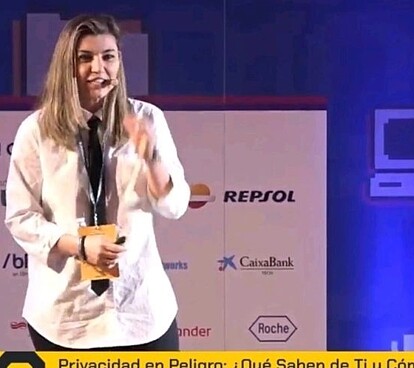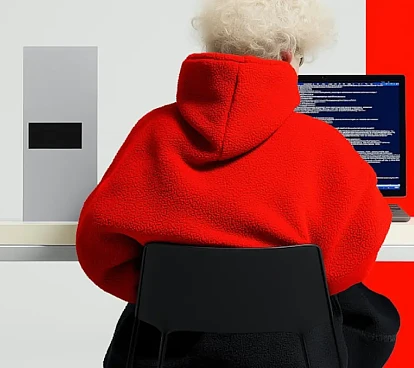
Suite of infrastructure management applications
December 20, 2022
Creating a custom suite of infrastructure management applications
How we helped a large international client use cloud applications to manage shared resources in offices and buildings.
For growing international companies, managing physical infrastructure like office buildings or branches can be a major challenge. By nature, these assets are spread out to address different markets and can often be highly decentralized. Companies can have hundreds of offices scattered around the world, and unlike the work done within the offices, the state of the buildings themselves can be a mystery to central management.
But that is by no means inevitable. Technology can be harnessed to create shared intelligence that allows for better central management of physical infrastructure. Not only can this approach dramatically reduce operating costs and redundancies, but it can also optimize use and help ensure timely and effective maintenance.
The challenge
A large international banking client, present in 30 countries, with more than 120,000 employees, almost 70 million customers worldwide and a vast network of service buildings and customer service offices, noticed inefficiencies in its physical infrastructure. Its management team approached us to help the company make the most of all its resources (meeting rooms, shared spaces, parking, external visitor control). The main goals were tostreamline costs and make life easier for employees.
The solution
Working closely with our client, we developed several independent applications that were integrated into the client's intranet system. The apps were created so that they could organically merge into the set of tools that were available to all the company’s employees. The project was developed in the client’s cloud infrastructure so the apps could be accessed from all the locations and time zones from which the company operates.
The cloud-integrated apps allow users, according to their access privileges, to request the use of the organization's shared resources. At the same time, it provides a system of governance and clear rules. The applications can be accessed through a secure physical system that regulates access through tools like cameras, NFC/QR readers, ID card readers, etc.
Project Deployment
We have been working with this company for more than 20 years. It considers us one of their go-to suppliers for this kind of project.
Trust-based relationships
The client was very clear about its goals and offered its own teams specialized in conceptualization, user experience and even part of the technical side. From our end, we brought years of experience working in this field, technical expertise and our knowledge of the company’s problems and context. This collaboration allowed us to make a proposal to improve functionality, usability, performance, development, operations and maintenance costs. It was clear to us that these applications will continue operating for many years and that reducing the company’s cost of ownership was essential.
We chose a mixed working model. We worked closely with their teams, both in-person and with offshore teams. But throughout the project, we opted for our Agile Connected Teams model instead of more traditional methodologies. It helped us build a relationship based on trust and guarantee that the client was involved throughout the project.
When SNGULAR teams work alongside the client in person, communication can be even more direct, personal and continuous. However, the advent of the Covid-19 pandemic and the shift to remote work put everyone on equal footing. Even if people were in the same city, they met as if they lived in different countries. This made it even more imperative to emphasize the client’s involvement and to ensure the company felt like the project was its own.
Integrating with multiple systems
One of the biggest challenges these types of applications have to overcome is being able to integrate with multiple systems. We’re talking about a huge range of infrastructure – dozens of buildings, hundreds of offices, parking spaces, thousands of meeting rooms or spaces – so we had to find a way to make it all flow together. At the same time, since this is for a financial organization, security considerations were a top priority. Infrastructure management at an interesting crossroads where the physical and virtual worlds converge, so the project required not only a solid and secure design, but also constant vigilance.
Continuity and commitment to the client
This project is still ongoing, as we’d expect for such frequently used applications. The company’s CIO applauded the apps for their
"simplicity, usability, efficiency” and called the new system a “highly valued resource.”
These excellent results have led to the development of new applications that further optimize their employees’ experience and reduce costs. What began as a unique project, has evolved into an ecosystem of applications that add intelligence to the company’s vast network of resources.
Our latest news
Interested in learning more about how we are constantly adapting to the new digital frontier?

Insight
April 8, 2025
Privacy at risk, what do they know about you and how can you protect yourself?

Tech Insight
April 2, 2025
🧐 What is Mockoon and why should you use it?

Tech Insight
March 26, 2025
The Seven Phases of a Cyberattack: A Detailed Look at the Cyber Kill Chain

Tech Insight
March 19, 2025
Visualizing Software Quality with JIRA, Google Sheets, and Looker